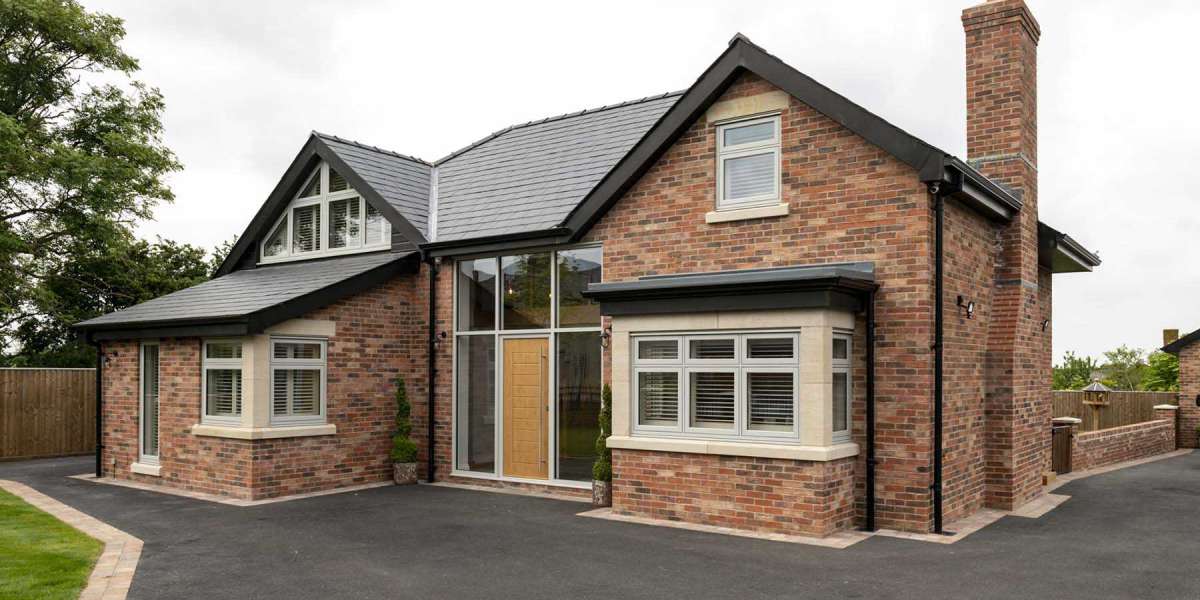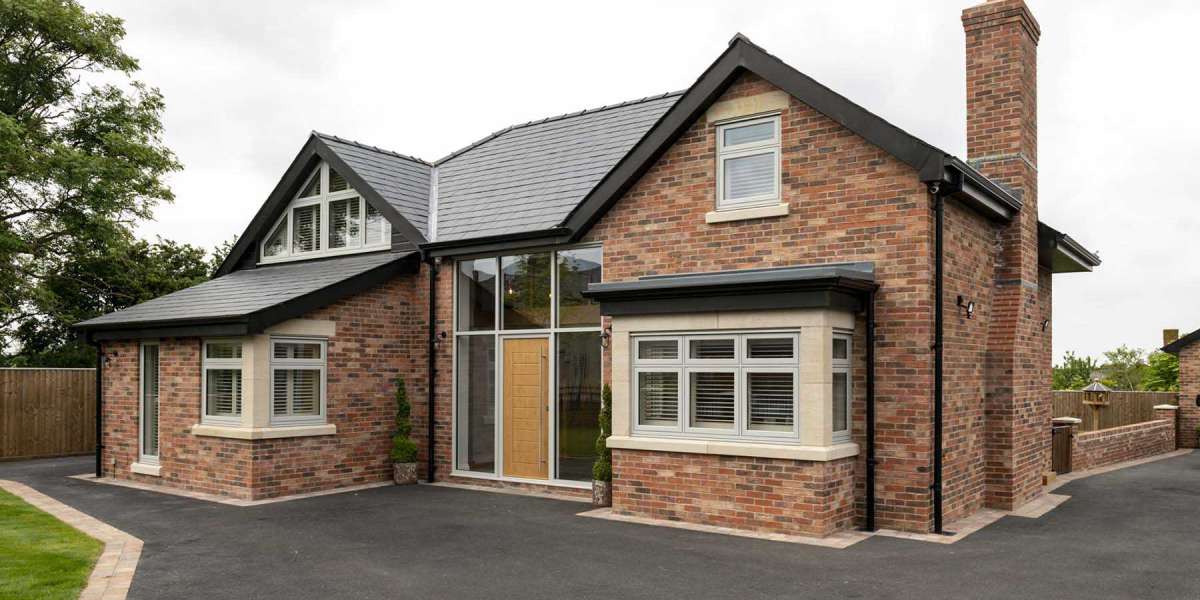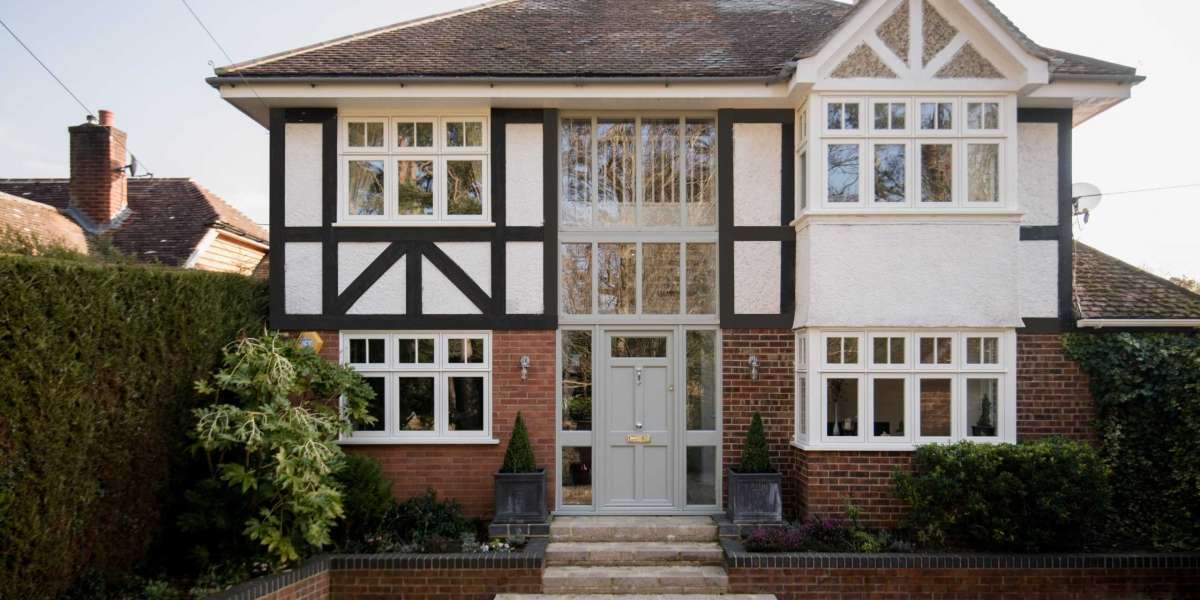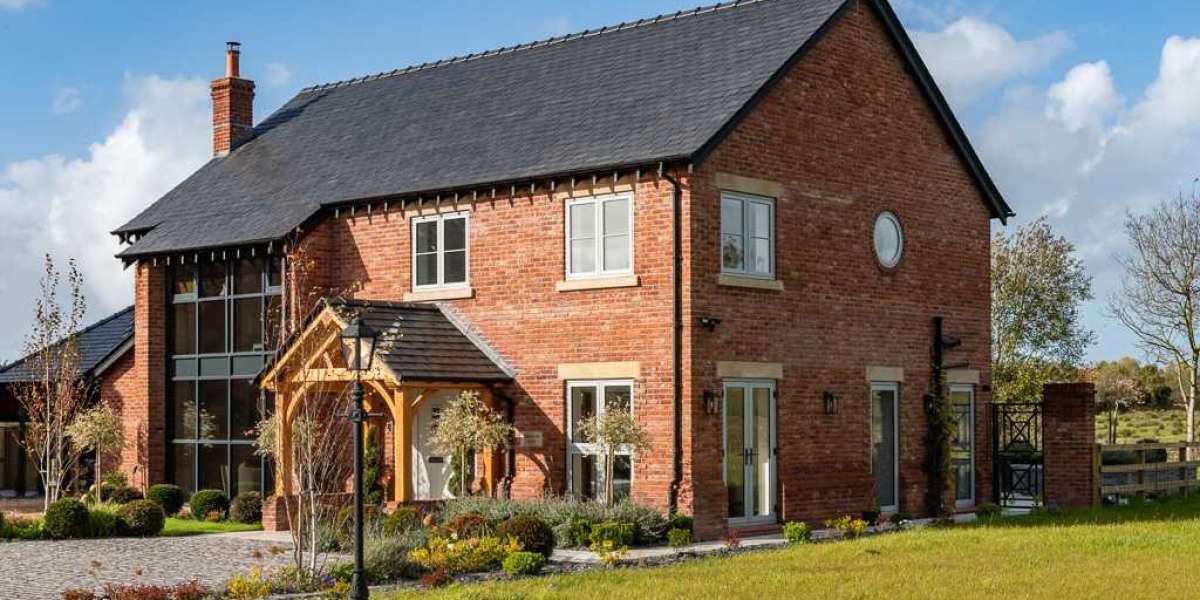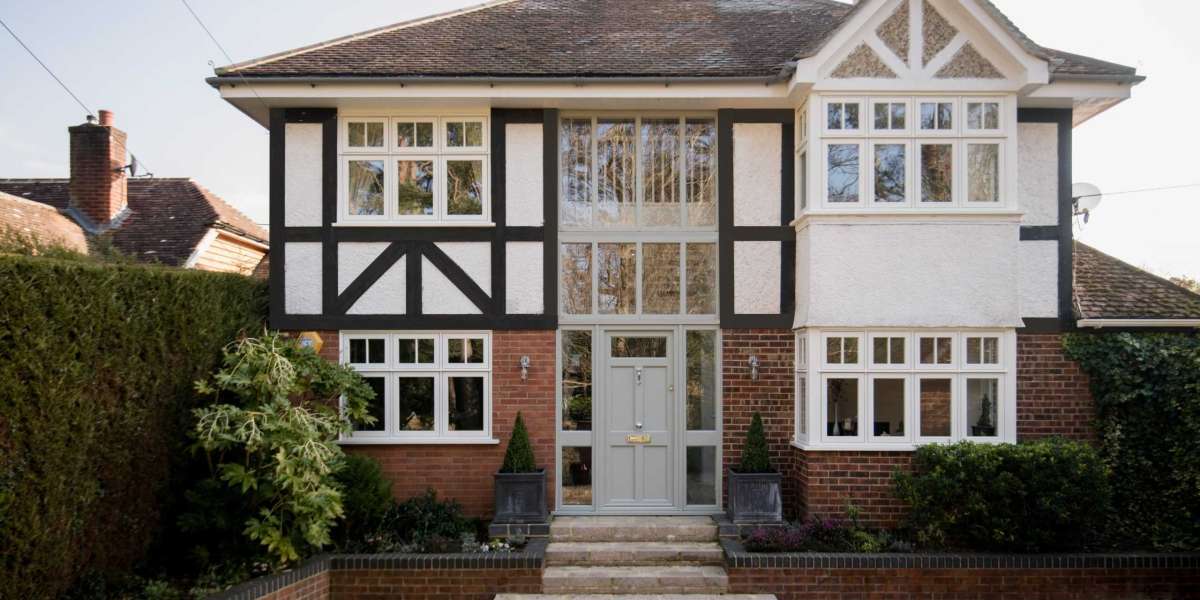In recent years, the construction and home improvement industries have witnessed a significant shift towards the use of aluminium windows. This trend is driven by a combination of aesthetic appeal, durability, energy efficiency, and low maintenance requirements. As homeowners increasingly seek modern solutions to enhance their living spaces, aluminium windows have emerged as a preferred choice for both new constructions and renovations.
Aluminium windows are made from a lightweight yet strong metal that offers numerous advantages over traditional materials such as wood and vinyl. One of the most significant benefits is their durability. Unlike wooden frames that can warp, crack, or rot over time, aluminium frames are resistant to the elements. They do not swell or shrink with changing temperatures, ensuring that they maintain their shape and function for years. This resilience makes them an ideal choice for regions that experience extreme weather conditions, from scorching summers to freezing winters.
Another compelling reason for the growing popularity of aluminium windows is their energy efficiency. Modern aluminium frames are equipped with thermal breaks—insulating materials that reduce heat transfer. This technology helps to keep homes warmer in the winter and cooler in the summer, significantly lowering energy bills. According to recent studies, homes fitted with energy-efficient aluminium windows can reduce their heating and cooling costs by up to 30%. This not only benefits homeowners financially but also contributes to environmental sustainability by reducing carbon footprints.
The aesthetic versatility of aluminium windows is also a major draw for homeowners and architects alike. Available in a wide range of colors, styles, and finishes, aluminium windows can complement any architectural design, from contemporary to traditional. They can be customized to fit any size or shape, allowing for expansive views and ample natural light. Furthermore, the sleek and modern appearance of aluminium frames can enhance the overall curb appeal of a property, making it more attractive to potential buyers.
In addition to their aesthetic and functional benefits, aluminium windows are also low maintenance. Unlike wooden frames that require regular painting, staining, or sealing, aluminium frames only need occasional cleaning with soap and water to maintain their appearance. This ease of maintenance is particularly appealing to busy homeowners who prefer to spend their time enjoying their living spaces rather than performing upkeep.
As the demand for aluminium windows continues to grow, manufacturers are responding by innovating and improving their products. Advanced coating technologies now allow for a variety of finishes, including powder coating and anodizing, which enhance the durability and longevity of the frames. These coatings not only protect against corrosion and fading but also provide an additional layer of insulation, further improving energy efficiency.
In the realm of sustainability, aluminium windows are a responsible choice. Aluminium is a highly recyclable material, with a recycling rate of over 90%. This means that even after their lifespan, aluminium windows can be melted down and repurposed into new products, https://blogsubmissionsite.com/blog/details/transform-your-home-with-double-glazed-windows-in-st-albans; 82.157.118.76, reducing waste and conserving natural resources. Many manufacturers are also adopting eco-friendly practices in their production processes, further minimizing their environmental impact.
The market for aluminium windows is expected to continue growing, driven by increasing consumer awareness of energy efficiency and sustainability. According to industry reports, the global aluminium window market is projected to reach USD 85 billion by 2026, with a compound annual growth rate (CAGR) of 5.5%. This growth is fueled by the rising demand for energy-efficient building solutions, particularly in residential and commercial construction.
However, despite the numerous advantages of aluminium windows, there are still some misconceptions that potential buyers may have. One common myth is that aluminium windows are prone to condensation. While it is true that improper installation or lack of adequate ventilation can lead to condensation issues, this is not a problem inherent to aluminium itself. With proper installation and attention to building design, aluminium windows can perform excellently in terms of moisture control.
Another misconception is that aluminium windows are more expensive than other options. While the initial investment may be higher than that of vinyl or wood, the long-term savings in energy costs, maintenance, and durability often outweigh the upfront costs. Moreover, the enhanced property value and curb appeal associated with aluminium windows can make them a wise financial decision for homeowners.
As more homeowners and builders recognize the benefits of aluminium windows, it is clear that they are becoming a staple in modern architecture. Whether it's for a new build or a renovation, aluminium windows offer a combination of style, performance, and sustainability that is hard to match. With advancements in technology and design, the future of aluminium windows looks brighter than ever.
In conclusion, the rise of aluminium windows reflects a broader trend towards modern, efficient, and aesthetically pleasing building solutions. As homeowners prioritize energy efficiency, durability, and low maintenance, aluminium windows stand out as a leading choice in the market. With their numerous advantages and growing popularity, aluminium windows are not just a trend; they are a lasting investment in the future of home design.
